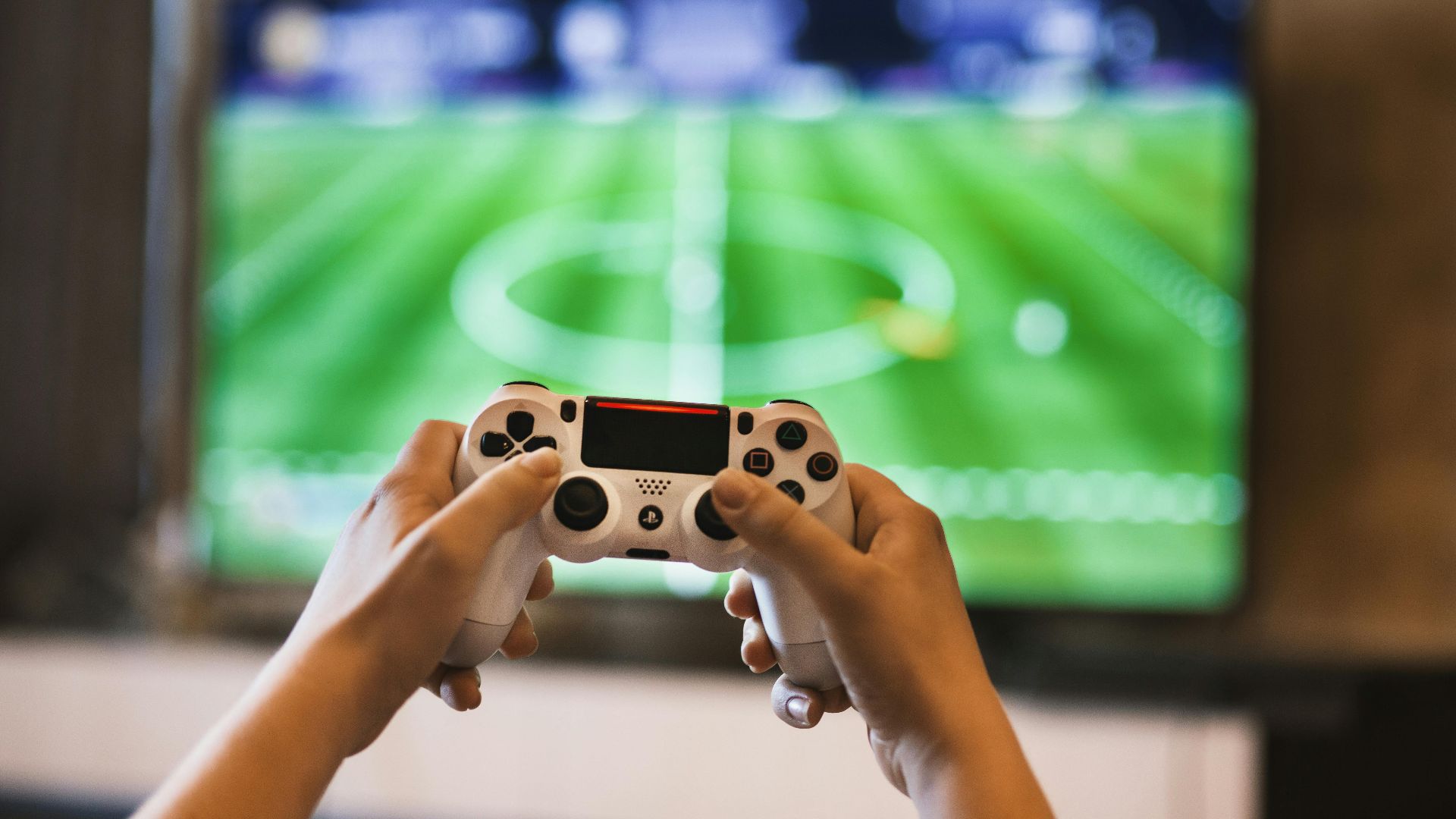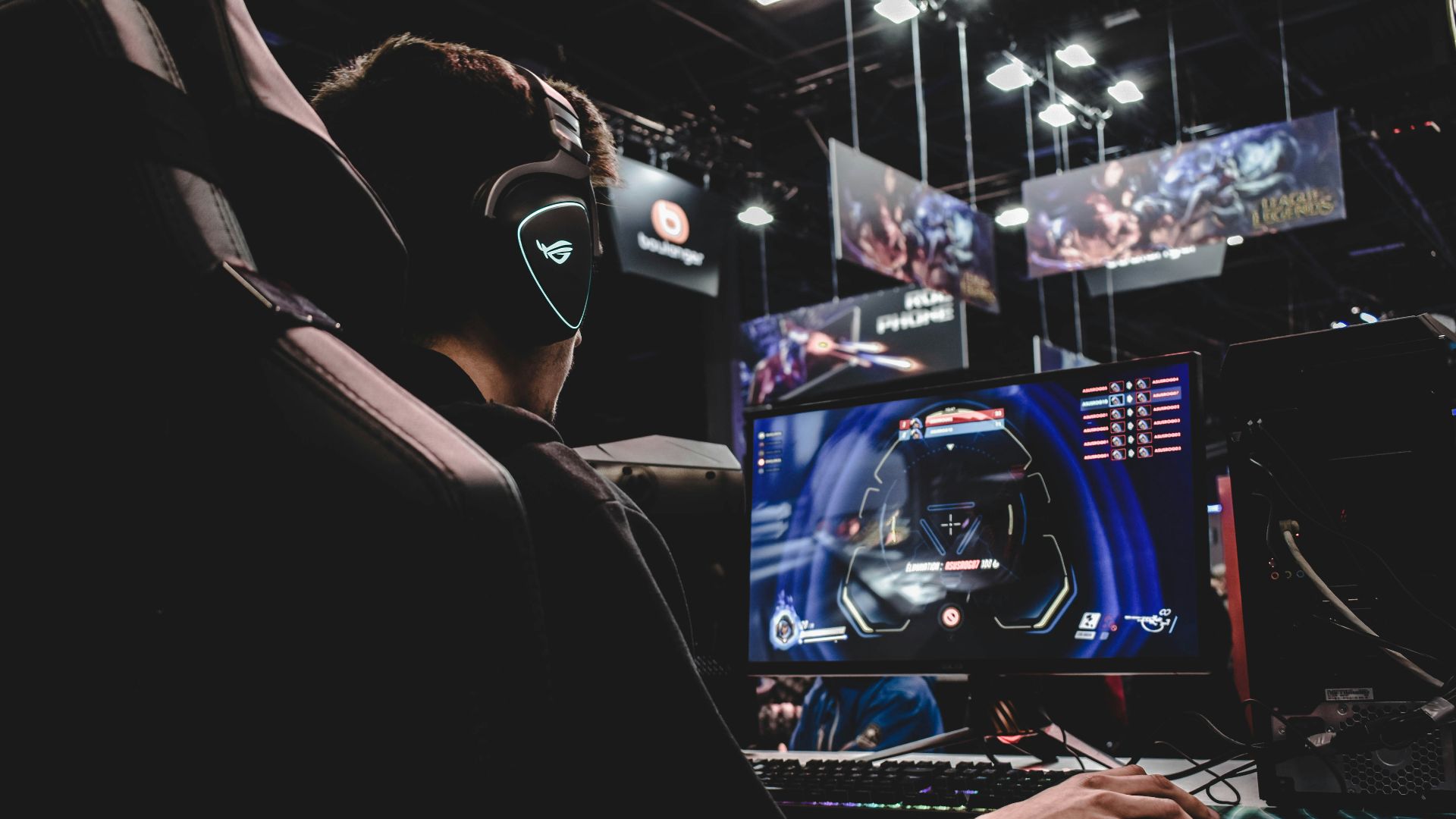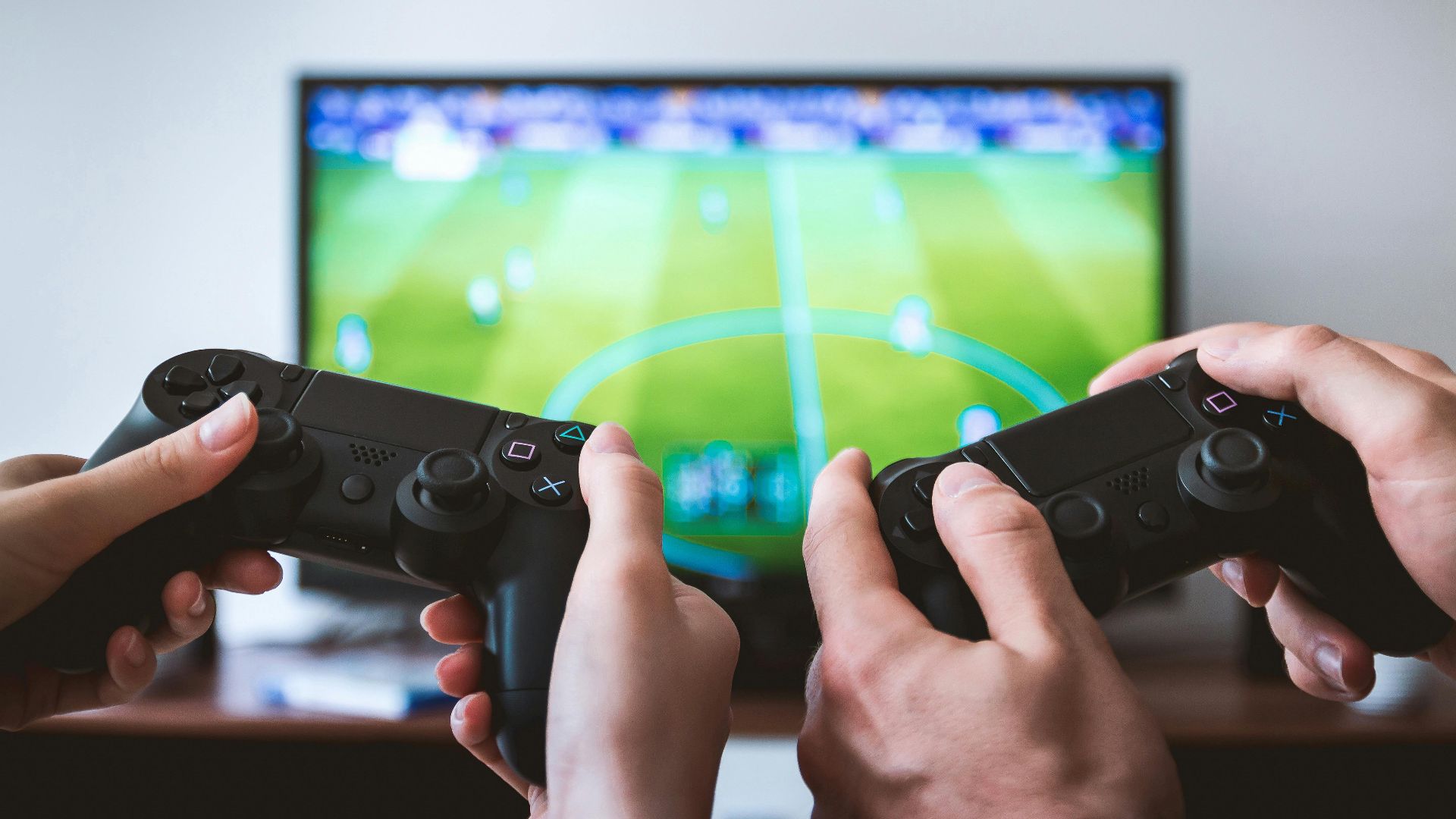We've all heard the concerned warnings about rotting our brains and wasting our lives away in front of a console. One thing that rarely gets said during those conversations where your parents declare, “You’ve been on that thing for three hours!” is the prospect that gaming might actually be making you smarter. This isn’t based on some cherry-picked study with a cohort of five either; researchers have identified real, measurable cognitive benefits.
And before you write this off as wishful thinking from someone trying to justify their Steam library, consider that neuroscientists have been studying this stuff for years now, poking around in gamers' brains with fMRI machines and finding some genuinely interesting patterns.
Your Reaction Time Gets Legitimately Faster
Action games turn you into a decision-making machine. When you're playing something fast-paced—let's say a battle royale where you've got half a second to decide whether that's a teammate or someone about to headshot you—your brain learns to process visual information at absurd speeds. Research by cognitive scientists at the University of Rochester found that gamers can make accurate decisions 25% faster than non-gamers in certain tasks.
These quick decisions aren’t limited to gaming either. Surgeons who play video games make fewer errors during laparoscopic procedures, meaning the hand-eye coordination transfers. The really interesting part is that these improvements stick around. Even when you're not gaming, your brain maintains that heightened processing speed for everyday decisions.
Problem-Solving Skills Actually Level Up
Puzzle games and strategy titles rewire how you approach problems. Take something like Portal or The Witness. These games force you to think spatially, to manipulate objects in your mind before you even attempt the solution. You're essentially doing mental gymnastics disguised as entertainment.
Strategy games—the complex ones where you're managing resources, planning three moves ahead, adapting to opponent tactics—build executive function. That's the technical term for your brain's ability to plan, organize, and execute complex tasks.
When you play these types of games, your ability to break down overwhelming tasks into manageable chunks improves. Project management becomes easier, as you’ve already fine-tuned your ability to allocate resources, adapt on the fly, and manage timelines effectively.
Memory and Attention Span Improve
Everyone assumes gaming destroys attention spans, but certain games—especially open-world RPGs—actually demand sustained focus and impressive working memory. You're tracking quest lines, NPC locations, crafting recipes, combat patterns, and lore details all at once.
Research on 3D platform games shows they can increase grey matter in the hippocampus, your brain’s memory center. Players have to remember complex environments, navigate back to specific locations, and recall where they'd found various items. All of this demand on their memory recall actually reshapes their brains.
Multitasking Becomes Second Nature
Real-time strategy games are basically multitasking boot camps. Your attention splits across multiple demands as you try to manage economy, military production, scouting, attacking, and defending simultaneously. The more you do so, the more your brain learns to juggle them without dropping everything.
This skill bleeds into daily life more than you'd expect. Managing a busy workday with constant interruptions is basically StarCraft with emails. Gaming doesn't create these abilities from nothing, but it sure exercises them. The catch is that mindlessly grinding the same level won't do much; your brain needs novelty and difficulty to adapt.
Social and Emotional Intelligence Gets Unexpected Boosts
Multiplayer games create complex social ecosystems. Raiding in an MMO requires coordination, communication, and reading your teammates' tendencies. You learn who panics under pressure, who stays calm, who needs encouragement. These are transferable people skills.
Narrative-driven games can build empathy too. When you're making choices that affect virtual characters, you're exercising moral reasoning and perspective-taking. Games like The Last of Us or Life is Strange put you in impossible situations, forcing you to consider consequences and other viewpoints. Sure, they're fictional, but your emotional brain doesn't always distinguish.










